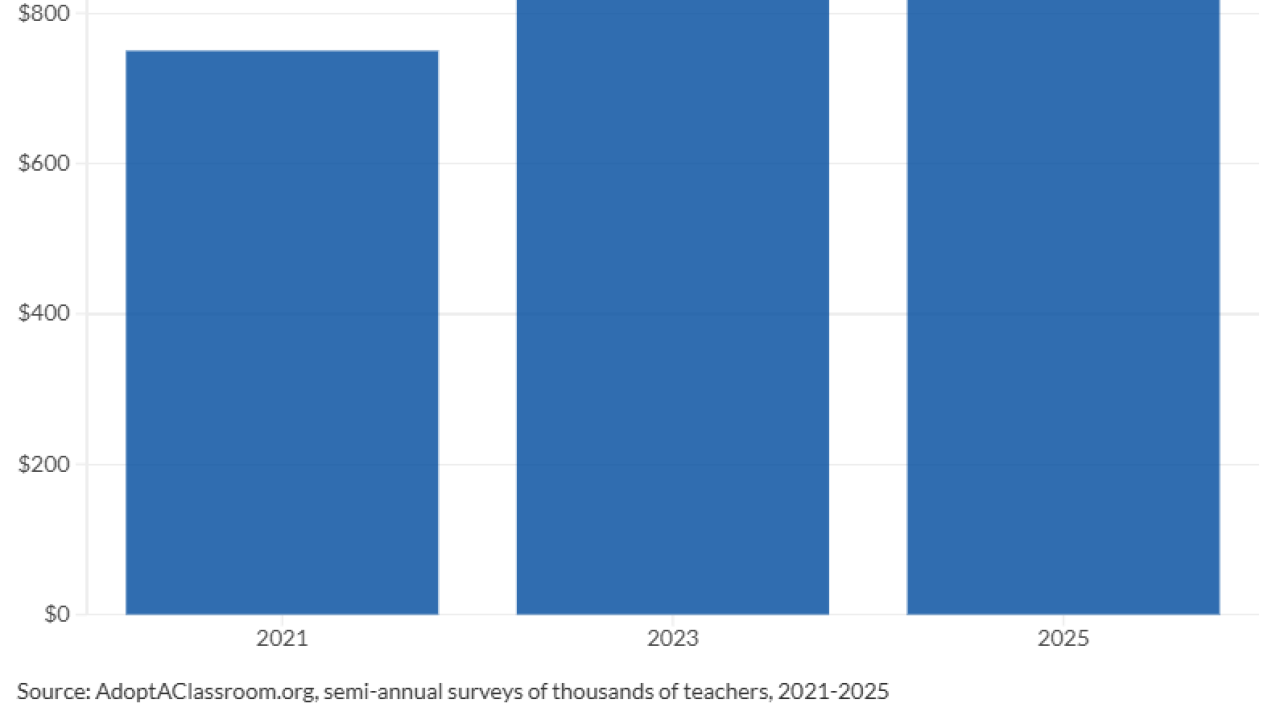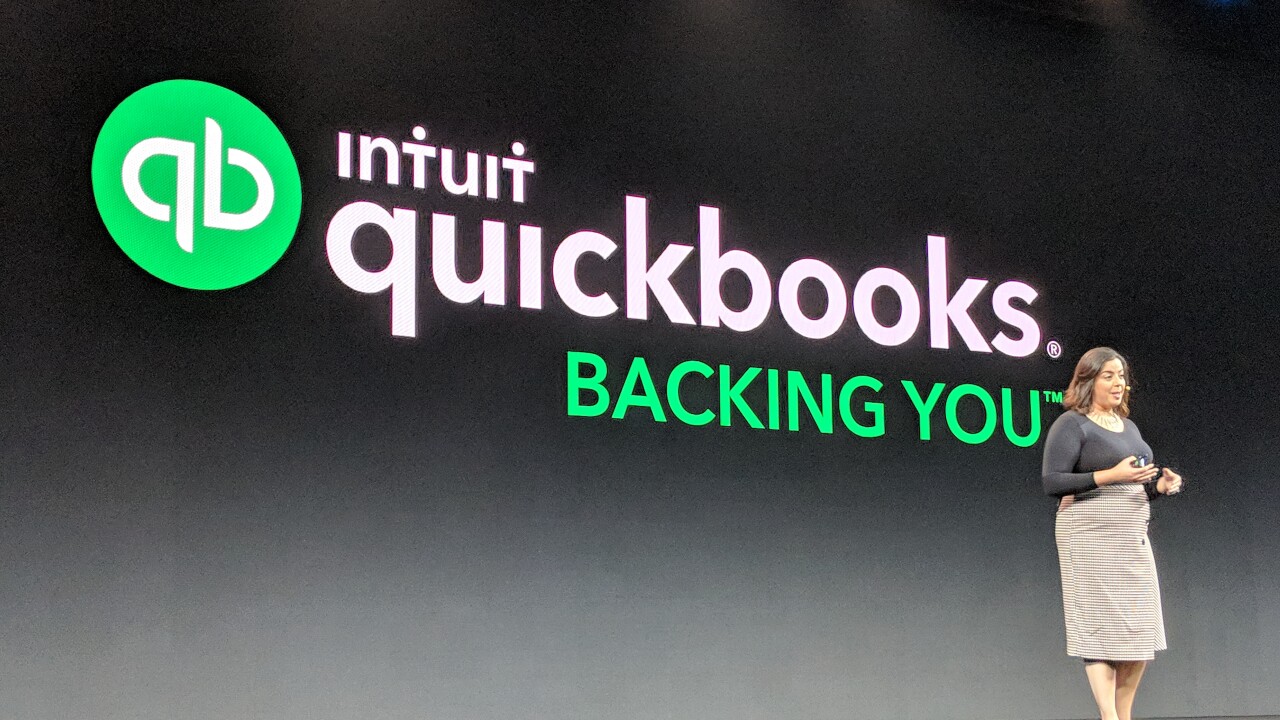'TIS THE SEASON FOR M&A
With 14 mergers recorded between late October and early November, the marquee union was sealed between Clifton Gunderson and LarsonAllen, which will become effective January 2.
The merged entity will be known as CliftonLarsonAllen and immediately create one of the top 10 accounting firms in the U.S., with combined revenues of between $550 million and $560 million.
The two firms revealed they began discussions in the spring. The firms had worked together closely in the past, including on peer reviews.
Also as we went to press, global CPA and business advisory firm Grant Thornton is currently in negotiations to acquire Boston-based regional firm CCR. According to Accounting Today's 2011 Top 100 Firms and Regional Firms report, CCR generated $30 million in revenue. It reported 29 partners and five offices.
Grant Thornton, which ranked No 6. On the 2011 Top 100 Firms list with revenues of roughly $1.1 billion, has a Boston-area presence of roughly 175 people. Upon completion, the union would forge the sixth-largest CPA firm in Massachusetts.
(For more, see expanded M&A Watch on page 30.)
Separately, GT unveiled a new growth and branding positioning that includes an M&A agenda, a new web site and marketing materials. The firm worked with high-profile ad agency Ogilvy & Mather and market research agency Millward Brown to create the new brand strategy.
The Financial Accounting Foundation has sent a comment letter to the Securities and Exchange Commission supporting the so-called "condorsement" approach to incorporating International Financial Reporting Standards into the U.S. financial reporting system, but with some important changes.
The SEC staff issued a paper in May containing a work plan describing how such an approach might work. "Condorsement," a portmanteau word combining convergence with endorsement, would allow IFRS to be incorporated one standard at a time into U.S. GAAP as the Financial Accounting Standards Board and the International Accounting Standards Board agree on a converged solution.
The FAF board of trustees which oversees FASB, issued a comment letter effectively backing the approach described by the SEC staff, but with a few important caveats that would preserve the role of FASB and the authority of the SEC in the standard-setting process and give FASB the ability to preserve some exceptions for U.S. companies during the transition.
Also, FASB and the International Accounting Standards Board published revised proposals for revenue recognition as part of their continuing efforts at convergence.
The revised proposals make good on the two boards' previously announced intention to re-expose the latest version of their current proposals.
The revised draft standard aims to improve the financial reporting requirements for U.S. GAAP and International Financial Reporting Standards for revenue and some of the related costs from contracts with customers. The latest proposals promise to provide a more robust framework for addressing revenue recognition issues; remove inconsistencies from existing requirements; improve comparability across companies, industries and capital markets; provide more useful information to users of financial statements through improved disclosure requirements; and simplify the preparation of financial statements by streamlining the volume of accounting guidance.
TAXING MATTERS
The IRS has issued a revenue ruling permitting an employer that is using an accrual method of accounting to take a deduction in the current year for a fixed amount of bonuses payable to a group of employees, even though the employer does not know which of the employees will receive a bonus or the amount of any particular bonus until after the end of the taxable year.
Under Revenue Ruling 2011-29, employers could take a deduction on the bonuses, whether or not the employees has determined who will receive the bonus.
State tax revenues increased 10.8percent in the second quarter of 2011, but revenues for local governments headed in the opposite direction.
An analysis by the Nelson A. Rockefeller Institute of Government at the University of Albany found that state tax revenues increased 8.4 percent on an annual basis for 46 states in the past fiscal year, giving them six consecutive quarters of growth and the best annual performance since 2005.
The IRS is doing a better job of attracting and retaining qualified personnel, but it still needs to do a better job of complying with legal requirements. A report by the Treasury Inspector General for Tax Administration found that the IRS has improved its use of recruitment and retention incentives, but it needs better controls to ensure compliance with all legal requirements and guidelines.
Like other agencies in the federal government, the IRS has the flexibility to use payment compensation such as recruitment and retention incentives to attract and retain a high-quality workforce.
The House overwhelmingly passed legislation repealing the 3 percent withholding mandate on government contractors, along with a tax credit for hiring veterans. Both measures have already been approved by the Senate, allowing them to go to President Obama's desk for his signature
The House in a show of unanimity voted to pass the bill by a margin of 422 to 0. The 3 percent withholding rule would have required state, federal and local government agencies to withhold 3 percent of payments owed to their contractors throughout the country as a way to combat tax evasion by government contractors.
In a report from the Treasury Inspector General for Tax Administration, the IRS took the appropriate actions when an airplane piloted by an irate taxpayer crashed into one of its buildings in Austin, Texas last year.
The report found that the IRS adequately prepared for and took the necessary actions to evacuate and protect IRS employees. The agency secured taxpayer data and federal government property, and was able to resume business operations in the aftermath of the incident in February 2010. The crash killed one IRS employee, Vernon Hunter, and injured 13 other employees
IN OTHER NEWS
Cloud financial management and accounting software provider Intacct is eyeing the public market for its next financial move, according to chief executive Robert Reid. Reid revealed those plans at the company's recent user and partner conference here, and admitted that despite being approached by "several" suitors for acquisition. He declined to reveal specific timing for an IPO.
Investors and financial executives are increasingly feeling overloaded by the volume and complexity of financial disclosure information in annual reports and other financial filings, according to a new study. The research report, by KPMG LLP and the Financial Executives Research Foundation, a nonprofit affiliate of Financial Executives International, found that the volume of disclosure information has increased 16 percent during the past six years, while the volume of footnotes has gone up 28 percent. The increased volume and complexity of financial disclosure information is causing a dilemma, especially for small investors who are trying to absorb the greater amounts of data.
Confidence in the U.S. economy has plunged this past quarter among the CEOs and CFOs of private companies, according to a new survey by PwC. Only 27 percent of the 247 CEOs surveyed expressed optimism, down 16 percentage points from the previous quarter. The percentage of executives who expressed uncertainty continued to rise, increasing to 49 percent, up 7 points from last quarter and still well above the 24 percent who expressed outright pessimism. Among international private companies, pessimism about the global economy exceeded optimism by 28 percent to 21 percent, with 51 percent voicing uncertainty.
The Securities and Exchange Commission has released two eagerly anticipated staff papers comparing International Financial Reporting Standards and U.S. GAAP and analyzing IFRS in practice in foreign countries. The two documents, posted on the SEC's Web site are considered crucial steps in the SEC's work plan for considering the possible incorporation of IFRS into the U.S. financial reporting system. The SEC commissioners are expected to issue a statement by the end of the year, and perhaps vote, on whether or not IFRS can be adopted by U.S. companies or whether the converged standards will be gradually endorsed, or "condorsed," to make them part of U.S. GAAP. In May, the SEC staff issued a paper describing a possible method of incorporating IFRS through endorsement.
The Texas Society of CPAs weighed in on the Financial Accounting Foundation's controversial proposal to set up a Private Company Standards Improvement Council and sent a letter expressing its "respectful disagreement."
The TSCPA avoided the divisive tone of the resolution passed at the American Institute of CPAs' Fall Meeting of Council, in which the AICPA threatened to give its board the option to set up its own committee or board for setting private company GAAP unless the FAF significantly modified its proposal.
However, the TSCPA still followed the AICPA's urging that the state societies oppose the FAF proposal on the grounds that it does not go far enough in establishing a separate, independent board that could allow changes in accounting standards for private companies without the involvement of the FASB, which the FAF oversees.
Separately, SEC chief accountant James Kroeker criticized the AICPA's resolution of disapproval against the Financial Accounting Foundation's proposal to set up the PCSI Council, calling it "egregious."





